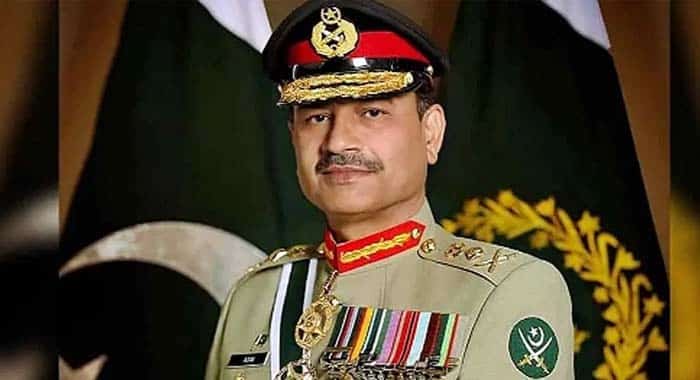Pakistan has entered what officials describe as a “new era of diplomatic achievements” following the successful military diplomacy of Field Marshal Syed Asim Munir. After what government sources termed the “Marak-e-Haq”, Munir’s leadership is being credited with reshaping Pakistan’s international image as a stable and respected state actor.
According to Express News, Munir’s efforts have enabled Pakistan to project a stronger and more dignified profile on the global stage. His outreach has not only enhanced Pakistan’s diplomatic footprint but also won recognition from international media outlets.
The Washington Times hailed Munir as a “Man of Steel,” acknowledging his decisive leadership. Meanwhile, China’s Ministry of Foreign Affairs described Pakistan’s military as a pillar of national stability and a steadfast guardian of the Pakistan–China friendship.
Diplomatic Breakthroughs
Officials note that Munir’s meetings with leaders of the United States, China, Saudi Arabia, Iran, and Türkiye have amplified Pakistan’s narrative at the global level. During a historic visit to Washington, he met with U.S. President Donald Trump, who reportedly praised Munir’s leadership and called the meeting an honor.
The Washington Post characterized the visit as “a new dimension in U.S.–Pakistan relations.” Similarly, the Financial Times credited Munir’s “strategic creativity” for Pakistan’s enhanced reception in Washington, noting that U.S. policymakers increasingly view him as a potential “strategic mediator in the region.”
Key Milestones
One of the most notable outcomes of this diplomatic campaign was the United States’ decision to designate the Balochistan Liberation Army (BLA) as a Foreign Terrorist Organization—a move hailed in Islamabad as a major milestone in counter-terrorism cooperation. U.S. officials also publicly praised Pakistan’s positive role in global counter-terrorism efforts.
Munir was warmly received at the retirement ceremony of U.S. CENTCOM Commander General Michael Kurilla, further underlining Pakistan’s improved military-to-military ties with Washington.
Regional Impact
Observers note that Pakistan’s balanced approach under Munir has allowed it to maintain constructive relations with both Washington and Beijing, while deepening ties with key regional players such as Saudi Arabia, Iran, and Türkiye. This strategy, officials argue, positions Pakistan as an emerging “net regional stabilizer.”
The renewed emphasis on trade and economic cooperation, particularly with the United States, reflects the broader dividends of what Pakistani officials call “successful military diplomacy.”
Looking Ahead
Analysts suggest that Munir’s diplomatic push has helped Pakistan break through isolation, with India facing what they describe as “diplomatic loneliness” in the aftermath of its setback during the so-called Battle of Truth.
With recognition from international media and growing acceptance by world powers, Pakistan’s leadership believes that Munir’s military diplomacy has ushered in a new phase where the country is seen as not just a security partner but also a credible global actor.





